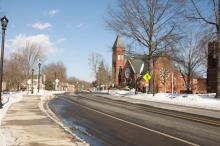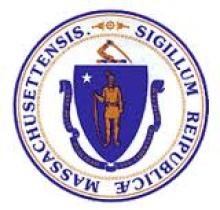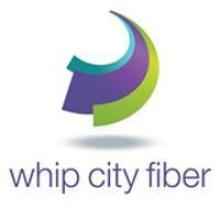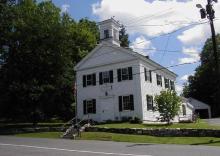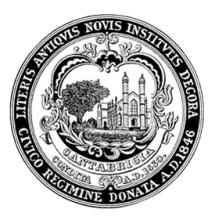After Years of Consideration, South Hadley Electric Department Moves Forward With FTTH Network
Ninety miles west of Boston, the small town of South Hadley, Massachusetts, will soon have a new, municipal option for Internet access. In October, the South Hadley Electric Light Department (SHELD) Board of Commissioners unanimously approved plans to build a Fiber-to-the-Home (FTTH) network throughout the town of 17,000. The network would bring high-speed fiber connectivity to South Hadley businesses and residents, who can currently choose between Comcast and Verizon for Internet access, while also enabling the municipal electric utility to implement smart grid technologies.
SHELD has been considering offering fiber optic Internet access to residents for several years. After hiring the current General Manager, Sean Fitzgerald, in 2017, management started to seriously examine the possibility of building a FTTH network. “What we’ve really been focused on this last year and a half,” Fitzgerald shared at the SHELD Board of Commissioners meeting, “is being diligent in reviewing the costs, the risks, the economic benefits for our customers and the South Hadley community at large.” In approving the network, Commissioner Vern Blodgett said, “SHELD is really ready financially and management-wise to take on a project like this.”
Smart Grid, Economic Development Benefits
One reason for SHELD’s interest in a fiber network is the potential to deploy Automated Metering Infrastructure (AMI). While evaluating plans to provide Internet access, electric department management realized that current meters needed to be replaced, providing a perfect opportunity to upgrade to smart meter technology that could be integrated into the fiber network. This technology could help the utility better manage the electric grid load and respond to outages, ultimately saving SHELD money and improving customer experience. “It’s the future [of electric service],” Fitzgerald explained to the board. “If your power goes out, we will know maybe even before you do.”


